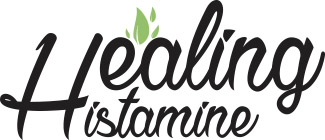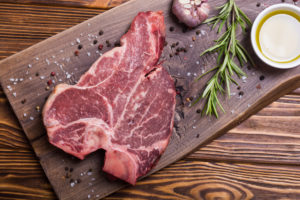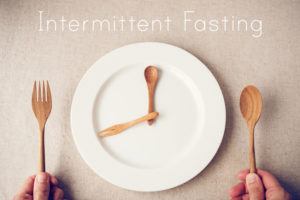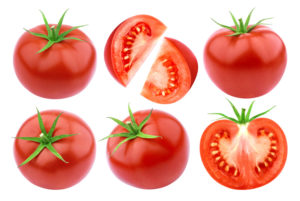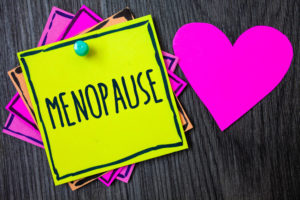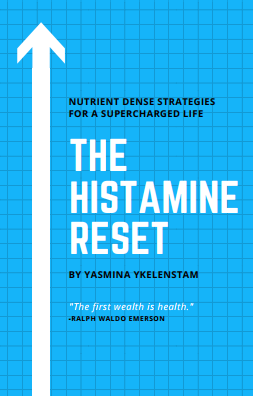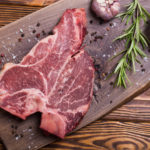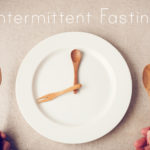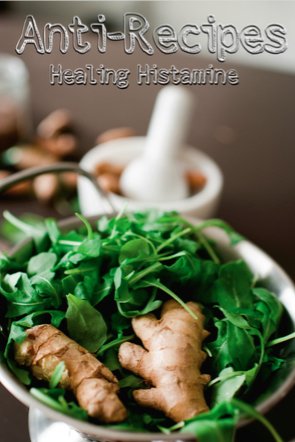In today’s video I take you through:
Part two of my favourite mast cell stabilising, allergy fighting, histamine intolerance quashing supplements.
How to maximise quercetin absorption; considerably!
Why quercetin might not be right for you.
Why taking/eating the same thing every day could be tripping up your progress.
And also a quick explanation on how I re-introduce foods.
Missed part one? Check it out here.
23 and Me are running a special on genetic testing now…
Order 23andMe DNA kits for the entire family. Each additional kit is now 20% off.
Why do the same supplements work for all the aforementioned conditions?
For the answer we need to ask ourselves what histamine intolerance, mast cell disorders (mast cell activation, mastocytosis) and allergies have in common.
You might say histamine, and you’d be right, but let’s go a little deeper.
Histamine triggers inflammation in the body. Great in small amounts, as needed, for healing, but not so much when there’s too much of it.
Too much histamine = rampant inflammation.
Not ideal given that we now know that chronic inflammation causes/is involved in:
Cancer [1]
Artherosclerosis (plaque build up in the heart, leading to heart attack and stroke) [2]
Depression [3]
Allergies [4]
Autism [5]
Neuro-inflammatory conditions (Parkinsons, Alzheimers) [6]
Arthritis [7]
Thing is, where does this excess histamine come from? Is most of it coming from the food we eat? Not according to any doctor I have ever spoken with, interviewed, or consulted.
Mast cells.
Histamine, as well as other pro-inflammatory compounds, live in mast cells.
Thing is though, it’s not just histamine being released from mast cells. There’s a ton of other inflammatory stuff (great in small amounts) either being released at the same time, or being synthesised once the mast cells break open.
And that’s why I keep talking about the importance of an anti-inflammatory diet.
The great news though is that food and supplements can also address the other inflammatory compounds.
Here are a few examples that I recently found:
Please remember that natural supplements still have side effects and should not in any case be considered a substitute for treatment. Do not begin any supplements without consulting your doctor.
Leukotrienes
Pharmaceutical: Singulair/Montelukast
Natural: Nigella Sativa seeds/oil, butterbur (has been found to cause liver damage) [8], omega 3 fatty acids [9],
Heparin (elevated in mast cell disorders)
Pharmaceutical: aspirin therapy (salicylic acid)
Natural: plant based high salicylate diet
Prostaglandins (brain fog, inflammation, hair loss)
Pharmaceutical: aspirin therapy (salicylic acid, as per a conversation with Dr Castells)
Natural: plant based high salicylate diet, mangosteen supplements, pomegranate peel [11]
Now, please enjoy the video above for all the great info I promised you!
Don’t forget to…
Join my mailing list for more recipes, to be the first to know when registration for my low histamine webinar opens, and for a 10% discount on my books!
Take a peek at my low histamine and antihistamine cookbooks for more high nutrient recipes.
If you’ve found this information useful I’d appreciate your support (at no extra cost to you!) – please check out my online store for your health foods, supplements, kitchen items and beauty product purchases. Affiliate sales through my online store go towards maintaining the website, funding travel to interviews and purchasing all the lovely foods for my free online recipes. You’ll find these items in the “Shop with us” drop down menu on my homepage.
——– REFERENCES ——–
[1 – 4] http://en.wikipedia.org/wiki/Inflammation#Atherosclerosis
[5] http://healing-arts.org/children/mercury_in_vaccines_autism_research/Immunity_Neuroinflammation_Autism_Study.pdf
[6] https://sites.google.com/site/fansofdrtheo/
[7] https://sites.google.com/site/fansofdrtheo/
[8] http://www.ncbi.nlm.nih.gov/pubmed/8302945
[9] http://www.greenmedinfo.com/article/omega-3-fatty-acids-decrease-serum-leukotriene-b4-patients-cystic-fibrosis
[10] mangosteen http://www.ncbi.nlm.nih.gov/pubmed/12230104
[11] http://www.ncbi.nlm.nih.gov/pubmed/22945624
